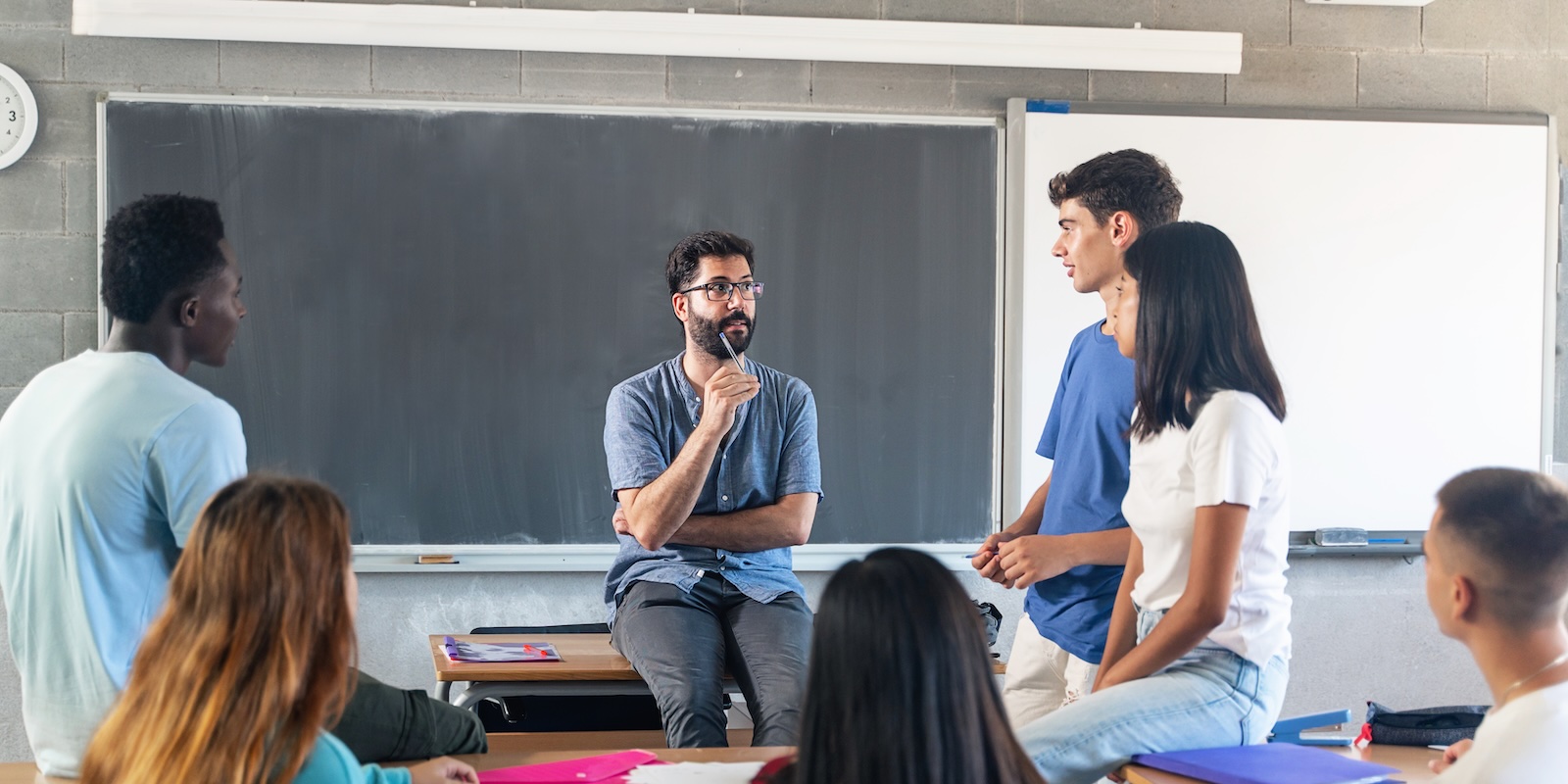Students: Keep the Endgame in Sight!

Students keep the endgame in sight as you prepare for life beyond high school. Begin by considering three key questions as you build your plan.
How do students prepare for life beyond high school when 85% of the jobs that will exist in 2030 haven’t even been invented yet? Dr. David Conley recently wrote a thought-provoking article recommending student outcomes that promote adaptability and self-knowledge and foster goal-driven learning for students. These are essential ingredients for high school students to have in their four year-plan and redefine what readiness for life beyond high school means.
Students are more than a test score and should be able to demonstrate readiness in multiple ways. These are exciting times as new national initiatives are launched from organizations such as AASA, The School Superintendents Association, and the Redefining Ready! Campaign, which supports students having multiple paths for demonstrating readiness for college and careers.
When advising students and talking with their parents, I encourage academic rigor, development of life skills and career exploration. Ideally, students will discover their interests, strengths and, just as importantly, their dislikes. The four-year plan serves as a roadmap for students to establish learning goals and take the driver’s seat. It involves not only selecting meaningful courses and exploring career pathways but also pairing these activities with extracurricular and service opportunities that will increase self-understanding and help them develop essential soft skills.
As you build your course plan, balance rigor with such career experiences. I have counseled many students that pick Advanced Placement classes like they are collecting baseball or Pokemon cards and oftentimes achieve nothing in the area of self-awareness. If possible, select courses that have a curricular connection to your long-term plan and allow for deeper learning along a course sequence.
Keep the endgame in sight! Consider your four-year plan a dynamic guide that you will revisit regularly. Allow it to serve as a compass, helping you to reflect on personal strengths and interests and the way in which these align with your future postsecondary options. Your future is about much more than college acceptance and now is the ideal time to reflect on how postsecondary options match your interests and will serve as an exciting “next step” in life. The four-year plan can serve as a resume of interest and intent through the personalization of curriculum, career pathway interest and demonstrated real-world experiences.
Questions to consider in developing your Readiness Plan:
What do I need to do to be college-ready?
- Challenge yourself in a curricular area that interests you or in which you excel
- Take Advanced Placement courses when available and appropriate
- Include early college/dual credit classes if available and if you are eligible
- Research potential post-secondary options to learn about admission requirements that you can then incorporate into your planning
What do I need to do to be career ready?
- Attend school more than 90% of the time
- Take courses that align with your career interest or career cluster of choice
- Include service-based and/or workplace learning courses in your plan
- Incorporate internships when possible; if your plan does not allow for an internship during the school year, consider completing a micro internship during summer break
What do I need to do to be life ready?
- Balance rigor with exploring personal interests and activities
- Seek opportunities that will contribute to building leadership skills and creating personal self-awareness
- Make sure you know what resources are available and what practices are critical to ensure lifelong wellness, e.g. physical, financial, emotional, professional
- Build on Social-Emotional Learning competencies
Remember, one of the most important outcomes of your education is your self-knowledge and adaptability. As you journey down the path outlined in your plan, don’t be afraid to delight in new discoveries about yourself that may cause you to alter, and thereby, refine your path. Each new learning brings you another degree closer to realizing your ideal path and your full potential.
How do you help students keep the endgame insight? We want to hear from you.
Join the Conversation
Are you interested in innovative practices for improving student success, insights from our members, recent news, and engaging webinars? Check out our resources for the latest updates.




